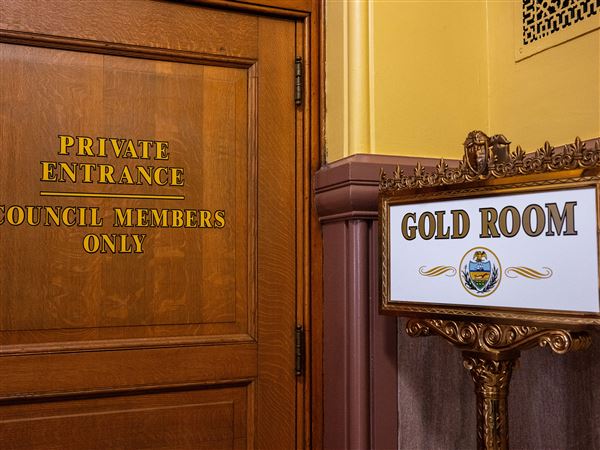The rejection by Iran's Ayatollah Ali Khamenei of one-on-one dialogue with the United States is the latest evidence of President Barack Obama's failed policy toward that country.
Mr. Obama's said when he ran for president in 2008 that he wanted to establish constructive talks with Iran. He also wished to show a contrast with President George W. Bush in establishing lines to Cuba, North Korea and other American bugbears.
His lack of success with Iran is partly the fault of Iran and partly the fault of America. Part of the problem in the U.S. effort was that placing Iran's slow-growing nuclear capacity at the top of the list of objectives was naked and unsubtle, prompting instant Iranian suspicion and rejection.
There were two other problems in Washington's approach during Mr. Obama's first term. The first was that both the president and his secretary of state, Hillary R. Clinton, had political ambitions -- Mr. Obama for reelection in 2012 and Ms. Clinton for another possible run in 2016. That meant that both were risk-averse. Neither would take a chance on the failure that high-level, highly visible initiatives -- such as traveling to Tehran, for example -- would put on the table.
The second problem was that the U.S. approach had to be calculated to include an Israeli point of view, reinforced by the Israeli lobby that is active in Washington. The question always loomed in America's Iran policy of what Israel would do, or wouldn't do, if the United States took a particular step. It also confounds Iran's own determinations of its response to U.S. overtures not to know whether it is dealing with a U.S. or an Israeli position, or some combination of the two.
Plenty of problems on the Iranian side also have led to failure to establish dialogue with the United States. One is Iran's chaotic political situation. Mr. Khamenei and his coterie continue to scrap with Iranian President Mahmoud Ahmadinejad and his, for example. Iran's more realistic technocrats had hinted at, and perhaps even set up, a meeting with the Americans. The supreme leader smacked it down definitively Thursday, for whatever reason, whether it was profound suspicion of serious dealing with the United States or to reinforce his own position in power.
Whatever it was, the failure of these two countries to talk constructively constitutes a failure for both. Iran and the United States may need stronger, more determined leadership to arrive at talks.
First Published: February 11, 2013, 5:00 a.m.














